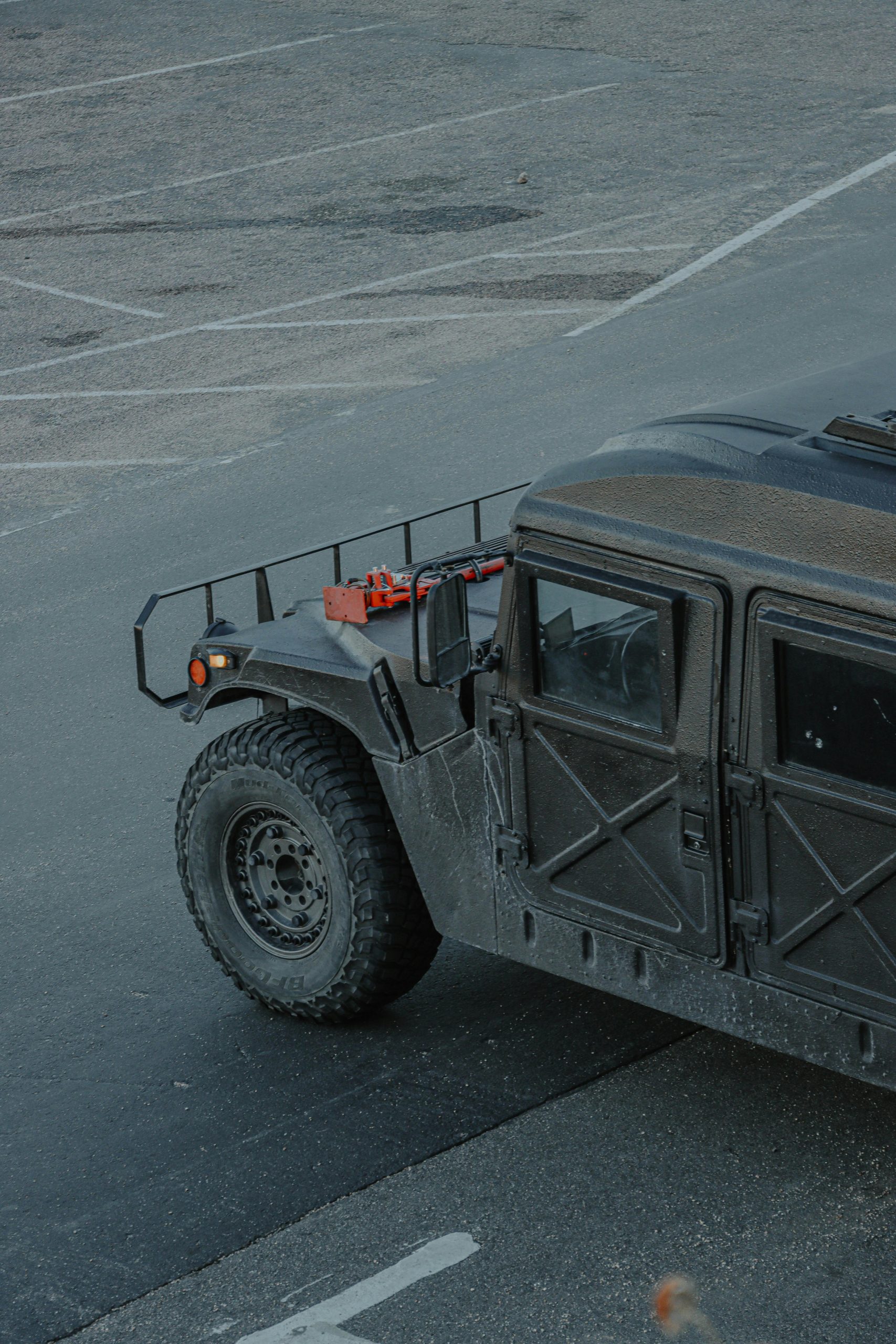University of Pennsylvania School of Medicine May 8 2025
A next-generation "armored" CAR T cell therapy showed promising results in a small study of patients whose B-cell lymphomas continued to resist multiple rounds of other cancer treatments, including commercially available CAR T cell therapies. The new therapy diminished cancer in 81 percent of patients and resulted in complete remission in 52 percent, with some of the earliest patients treated experiencing durable remission for two years or more. The findings, led by researchers in the Perelman School of Medicine at the University of Pennsylvania, were published today in the New England Journal of Medicine.
While CAR T cell therapy-a personalized form of cancer immunotherapy first successfully developed by Carl June, MD, and his team at Penn-has revolutionized treatment for many blood cancers, more than 50 percent of patients with lymphoma who receive currently available CAR T cell therapy do not experience a long-term remission. Of the seven FDA-approved CAR T cell therapy products, four are used to treat various types of B-cell lymphomas. For those whose cancers return or become resistant after CAR T cell therapy, the prognosis is unfortunately poor, with few options left. Previous research has shown that re-treating these patients with existing CAR T cell therapies does not work well.
"I'm thrilled that this new generation of CAR T cell therapy, created here at Penn, was highly effective in patients who have already tried everything available to treat their lymphoma," said Jakub Svoboda, MD, an associate professor of Hematology-Oncology, who led the clinical trial at Penn Medicine's Abramson Cancer Center. "It's also encouraging to see that the toxicity of this novel product was not different than what we already see with commercial CARs."
The addition of IL18 did not result in any new or unexpected safety concerns beyond the known side effects of CAR T cell therapy, including cytokine release syndrome (CRS) and neurotoxicity, which were managed successfully. The researchers also found that the type of CAR T cell therapy patients previously received may impact the efficacy of huCART19-IL18. New strategy adds a cytokine to make CAR T cells more effective
The 21 patients in this phase I clinical trial had received a median of seven other therapies prior to enrolling in the study, and all but one had already tried a CAR T cell therapy approved for their cancer type. When cancer continues to advance despite aggressive treatment like this, it's due in part to immune suppression and T cell exhaustion that make anti-cancer therapies less effective.
To combat these challenges, a team led by June, the Richard W. Vague Professor in Immunotherapy, developed a new, "armored" CAR T cell product called huCART19-IL18. Like most other CAR T cell products for lymphoma, it targets a surface antigen called CD19. However, this version was further modified to secrete interleukin 18 (IL18), a pro-inflammatory cytokine capable of enhancing the immune system, by recruiting additional immune cells to support the engineered T cells. In doing so, it further protects the CAR T cells and promotes their ability to attack the cancer cells, June explained.
This study represents a significant development in the ongoing evolution of CAR T cell therapy, as the first time a cytokine-enhanced CAR T has been tested in patients with blood cancer. By analyzing blood samples from patients after they received treatment, the research team found strong evidence indicating that adding IL18 to the CAR T cells contributed to the robust response rates. Based on these results, we believe that incorporating cytokine secretion into CAR T cell design will have broad implications for enhancing cellular therapies, even beyond blood cancers. With longer T cell persistence and expansion, this strategy could be powerful in settings where CAR T hasn't performed as well, such as solid tumors."
Carl June, MD Related StoriesBruker to launch Beacon Discovery at AACR 2025, expanding access to live single-cell functional analysisLysosomal lipid peroxidation drives ferroptosis in cancer cellsNectin4-targeted VHH-CAR-T cells show potency against bladder cancer
The production of huCART19-IL18 also uses a process, developed by Penn's Center for Cellular Immunotherapies, that shortens the manufacturing time for the CAR T cells to just three days. For patients with aggressive, fast-growing cancers, this means being able to begin CAR T cell therapy quicker than is currently possible with standard manufacturing times of nine to 14 days. Previous research has hinted that the shortened manufacturing time also may enhance the potency of the T cells. Driving research forward
The research team already has several other clinical trials planned, including studies that will expand huCART19-IL18 to patients with acute lymphocytic leukemia (ALL) and chronic lymphocytic leukemia (CLL). Another trial for non-Hodgkin's lymphoma using a similar IL18-armored CAR T cell product is currently enrolling patients. On the manufacturing side, the team is partnering with a Penn spinout company to improve the process for how these CAR T cells are created and expanded in the laboratory before being reinfused into the patient.
"We know that bringing this type of new therapy from the lab bench to the patient bedside is only possible at a place like Penn Medicine, thanks to our courageous patients and the teamwork between our scientific and clinical teams," Svoboda said. "With the biopsies and cytokine data from this trial, we've gained a wealth of information about patients relapsing after CAR T cell therapy that could help researchers better understand the science of CAR T cell therapy relapse in general."
The study was made possible with institutional funding from the University of Pennsylvania. Svoboda previously reported interim outcomes data from the study at the 2024 American Society of Clinical Oncology (ASCO) Annual Meeting and the 2024 European Hematology Association (EHA) Congress. Source:
University of Pennsylvania School of MedicineJournal reference:
Svoboda, J., et al. (2025). Enhanced CAR T-Cell Therapy for Lymphoma after Previous Failure. New England Journal of Medicine. doi.org/10.1056/nejmoa2408771.
